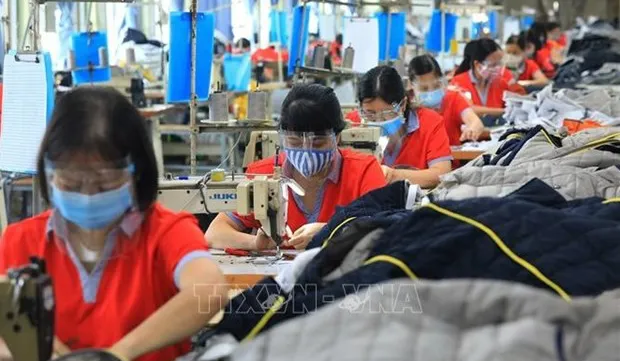Labour market to record 150,000 new jobs in Q2: ministry

About 150,000 new jobs will be created in the second quarter of this year, including 28,200 in electronics and optical device manufacturing, 18,600 in food processing, and 4,700 in beverage production, the Ministry of Labour, Invalids and Social Affairs (MoLISA) predicted.
Meanwhile, the most in-demand jobs will be relevant to software development; network administration; network security; data analysis and communications; accounting and finance; marketing, sales, and product management; health care; as well as mechanics, electronics, and automation.
However, the ministry also pointed out that the labour market is facing numerous challenges in Q2, which will lead to the loss of 38,100 jobs in the garment industry, 38,000 in furniture production, and 37,800 in record printing and copying.
Data from the General Statistics Office show that nearly 294,000 workers suffered from lay-offs or furloughs due to businesses’ shortages of orders in Q1.
Nearly 118,000 workers in enterprises lost their jobs in Q4 of 2022, and this number approximated 149,000 in Q1 this year.
Experts held that it is necessary to take actions in response to the order decline facing many companies in such major industrial hubs as Dong Nai, Binh Duong, Bac Ninh, and Bac Giang.
Ho Thi Kim Ngan, deputy head of the labour relations division of the Vietnam General Confederation of Labour, blamed the recent lay-offs on order shortages, noting that when cutting personnel, businesses will remove less skilled workers first and retain high-level ones who can work in many positions.
The official recommended that to respond to changes in the labour markets, workers should improve their skills to meet jobs’ requirements. She also pointed out the need for enterprises to provide short- and long-term training for their employees.
Meanwhile, state agencies and training centres should also increase coordination with businesses to improve workers’ skills while grasping demand in the labour market to better connect businesses with job seekers, Ngan added.





